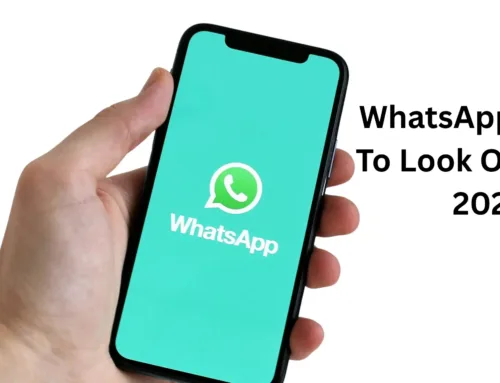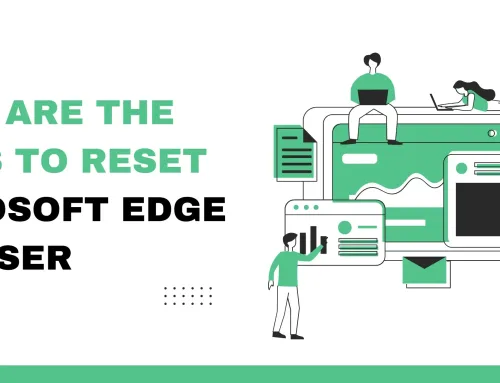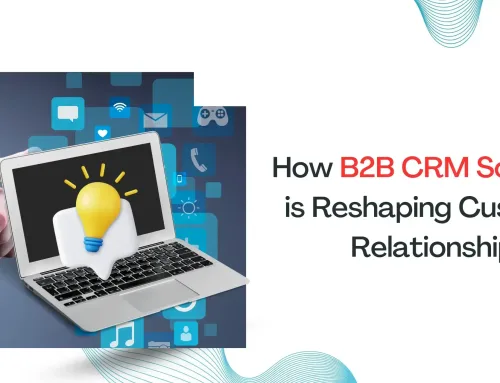Over the last two decades, scientific and technological developments have significantly expanded the number and quality of data available to the healthcare industry.
It has transformed the types of information that can be collected and analyzed to deliver accurate insights that have never been seen before.
We can’t say that big data development services in healthcare are without issue, we use them to redefine how providers, insurers, employers, and patients interact with healthcare.
Isn’t it useful to learn about your future health risks based on your current lifestyle? Perhaps you are unaware of how your diet and regular fitness routine affect your health. What if you could learn about the risk of creating significant diseases in the future today? Wouldn’t you start working on your health as soon as possible, before it’s too late?
As per the Wise Guy Reports, by 2022, “the Big Data Analytics industry in healthcare will be more than $34.27 billion. We can expect a CAGR of 22.07 %. The overall value of the Big Data Analytics segment globally will be more than $68.03 billion by 2024.”
With an increasing number of patients suffering from various diseases ranging from the common cold to significant chronic diseases, stakeholders must take proactive actions to keep humanity healthy. So, let’s have a look at the healthcare industry that is transformed by the use of Big Data development.
Potential Use of Big Data in the Healthcare Industry
Healthcare Tracking
The healthcare business is being transformed by Big Data Analytics and the Internet of Things (IoT). Wearables are now available to monitor sleep, heart rate, walking distance, exercise, and other data. Along with this data, there is equipment for monitoring blood pressure, blood sugar levels, oximeters, and many other things.
Data from sensors and continuous monitoring of body vitals can assist find crucial patterns that can be used to determine the general health of the body and eventually the potential future health risk. People can be warned about potential health problems before they escalate. As a result, the average life span will rise and easy control of chronic illnesses and contagious diseases.
Prevent Fraud in Billing
False claims and inaccurate billing are major areas of fraud and abuse in the healthcare business. Big data analytics can assist in the identification of false papers as well as the study of possible fraud patterns.
Keeping a close check on the mismatch between product sales and billing data might help in the detection of inappropriate billing. Big Data development can help to speed up claim processing while also reducing the number of bogus claims.
Predictive Analytics
Through predictive analysis, we can improve capacity usage. Analyzing the admission rate of patients using historical data might assist increase/decreasing the number of beds. This allows hospitals to treat more patients while maintaining the same capacity.
We can successfully manage hospital employees with the use of Big Data Analytics by projecting demand. Other applications of predictive modelling include:
- Predicting the risk of a heart attack in a patient
- Regression models can assist in predicting the cost of treatment for a patient. Similarly, hospitals can estimate demand for medical goods in order to avoid stock-out.
Customized Care
We can use predictive analytics to identify patients who visit the hospital frequently. We can categorize these patients based on their medical state. Patients with critical medical issues can be prioritized and treated properly.
We can provide them with personalized care and reduce the number of visits by studying their medical history. Big data analytics is critical in delivering all of these types of service benefits to patients.
Preventing Human Errors
Doctors are not Gods, and they can make mistakes as well. EHRs (Electronic health records) can be useful in reducing human error. Digital health records can contain a wealth of information about a patient’s medical history.
Analytics can keep a watch on the incorrect medication and inform the patient promptly by analyzing past prescriptions and their effectiveness.
More Effective Diagnosis
Every day, medical reports and doctor’s prescriptions create massive volumes of data. We can examine previous data to determine the efficiency of the treatment method and medications. This will assist us in determining which treatment procedure is appropriate for a specific disease. To get the desired results, we might eliminate ineffective treatments and processes.
Computational Phenotyping
It is related to transforming Electronic Health Records (EHRs) into actionable clinical insights. We get raw data from a variety of sources, including patient personal information, medicine, lab test reports, doctor’s prescriptions, sensor data, and many more.
This raw data is processed into an algorithm that produces medical insights. This information can be used to support clinical operations or genomic studies.
Telemedicine
The world is currently experiencing a severe shortage of medical workers. In India, the situation is worse than the WHO’s guidelines. The WHO advises one doctor for every 1000 people, however, India only has one doctor for every 10,000 people.
We can improve this scenario with the help of Big Data Analytics. Telemedicine is the use of technology to give medical care to remote places. We can use telemedicine for medical education, remote patient monitoring, and other purposes. When you hire big data developers, it allows you to examine and collect medical data from patients. Based on the data, doctors can prescribe treatment.
Medical Imaging
Every day, millions of CT scans, MRIs, X-rays, and ECGs are performed. In recent years, the healthcare industry has used this data to detect patterns in millions of photos. This can assist in the condition’s study and provide a new information pool in the field of medical science.
There is a chance that a radiologist will no longer need to examine the image because the algorithm will complete all the necessary work for you.
Conclusive Thoughts
Big data development services will play a critical role in the field of medical science in the coming years. In healthcare, Big Data Analytics will provide fresh insights into the human body and its internal organs. This will also have a tremendous impact on our way of life. To fully realize the potential of Big Data Analytics, this industry will necessitate a large workforce with data analytics skills.










